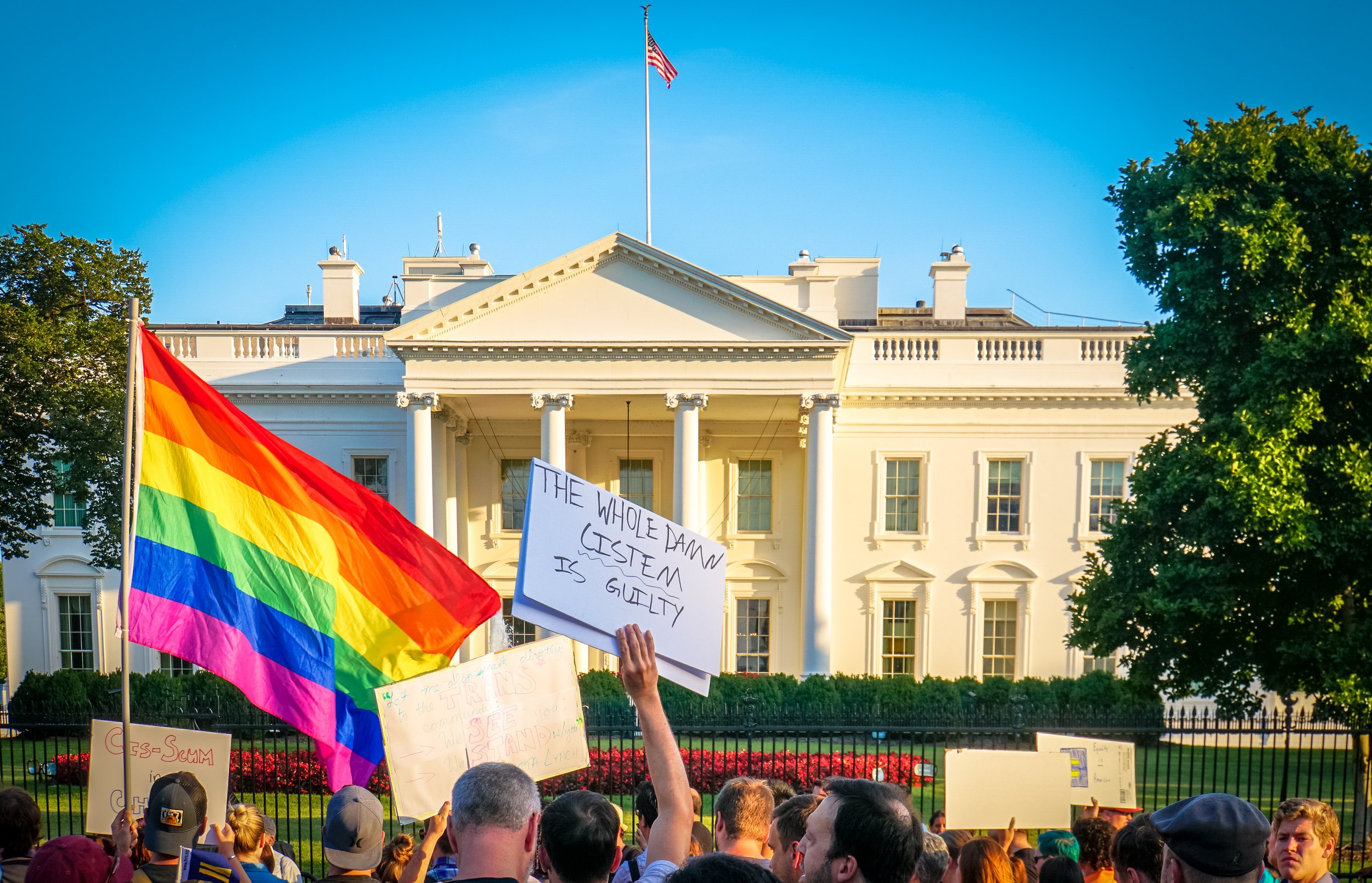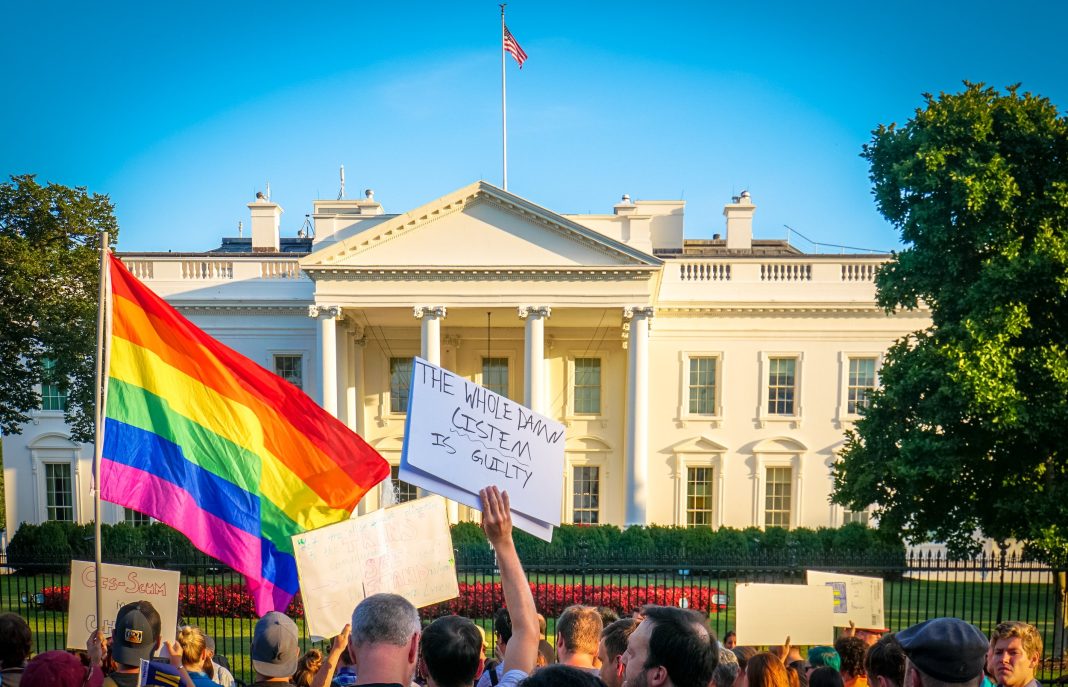 Title: The Impact of the Inflation Reduction Act on the Global Electric Vehicle Market
Title: The Impact of the Inflation Reduction Act on the Global Electric Vehicle Market
Introduction:
The Inflation Reduction Act (IRA) has been a topic of concern and debate, particularly regarding its impact on the electric vehicle (EV) industry. General Motors board member Jon McNeill highlights the potential consequences of reducing support for EVs, suggesting that such a move would benefit China’s growing automotive sector. This article explores the implications of this claim, the potential effects on the global auto manufacturing industry, and the role of the IRA in supporting domestic carmakers.
1. China’s Growing Influence in the Global Auto Market:
China’s expanding presence in the automotive industry has raised alarms among global automakers. Chinese companies, such as BYD, pose a threat to international manufacturers by flooding markets with competitively priced EVs. The concern lies in their ability to undercut domestic production and vehicle prices. The IRA aims to address this challenge by providing incentives for North American carmakers and suppliers to produce EVs and their components domestically.
2. Political Implications of the IRA:
The upcoming November presidential election adds an additional layer of complexity to the future of the IRA. Former President Donald Trump has hinted at rolling back clean energy and climate initiatives if reelected. While a complete repeal of the IRA would require Republican majorities in both chambers of Congress, the potential delay or reduction of its policies remains possible under a second Trump administration.
3. Bipartisan Approach to Changes:
Jon McNeill emphasizes the importance of a bipartisan discussion rather than a unilateral rollback or reduction of the IRA. He suggests that any changes to the act should be carefully considered to protect U.S. manufacturers from China’s advantages, including substantial government support, financial incentives, and lower labor costs. By fostering a bipartisan approach, policymakers can ensure fair competition while supporting domestic EV production.
4. Biden’s Tariffs as a Countermeasure:
To help U.S. automakers compete with Chinese companies, President Joe Biden plans to increase tariffs on China-made EVs from 25% to 100%. While this move may provide short-term protectionism, experts caution that it may only delay rather than prevent Chinese automakers from entering the U.S. market. The increased tariffs also extend to battery materials, highlighting the broader trade dynamics between the two countries.
Conclusion:
The IRA’s support for the EV industry plays a critical role in safeguarding domestic manufacturers from Chinese competition. While concerns of losing global auto manufacturing share to China persist, the IRA’s incentives seek to level the playing field. The upcoming presidential election and potential policy changes raise questions about the future trajectory of the IRA. By fostering a bipartisan dialogue and implementing strategic measures like tariffs, policymakers can support domestic EV production while navigating the complexities of global competition.


